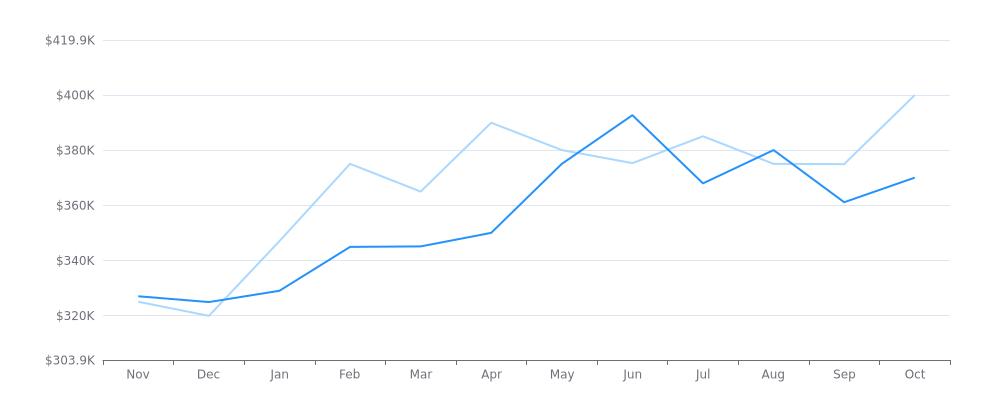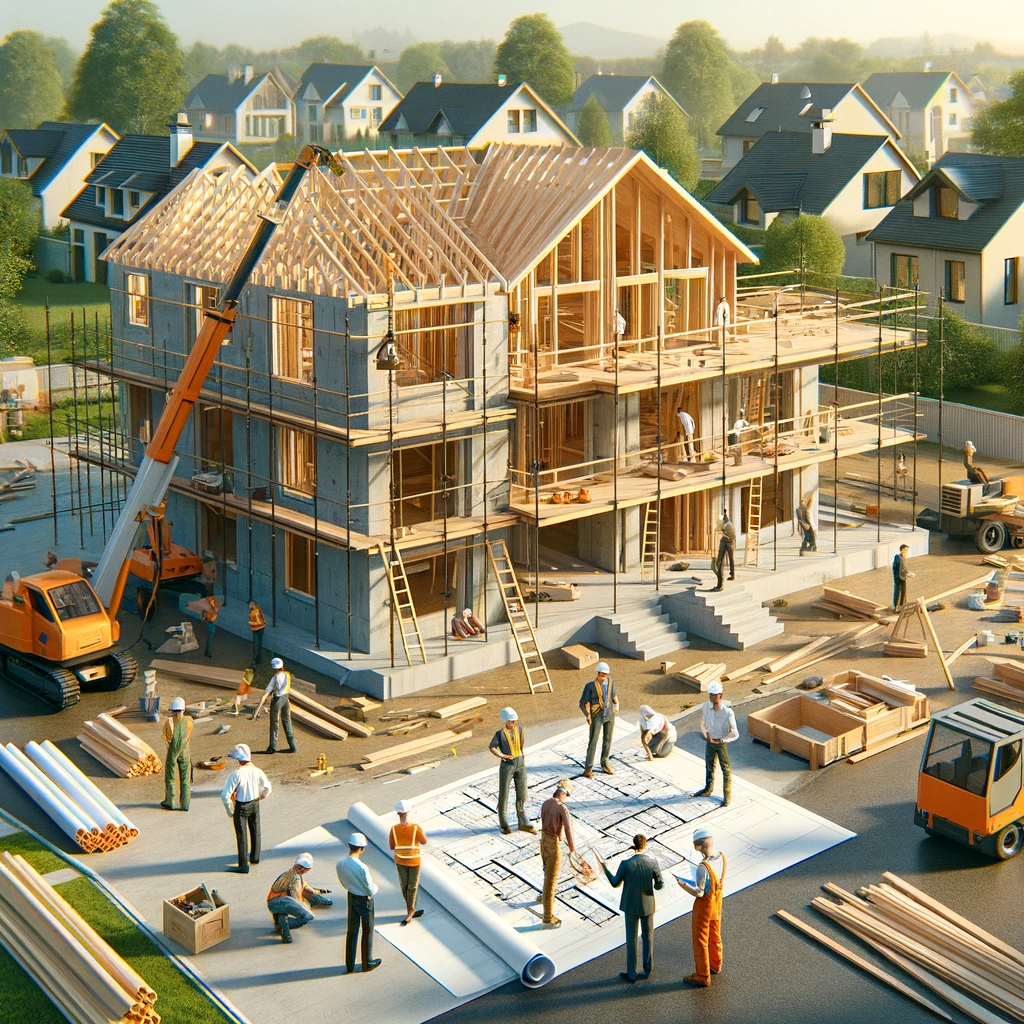-
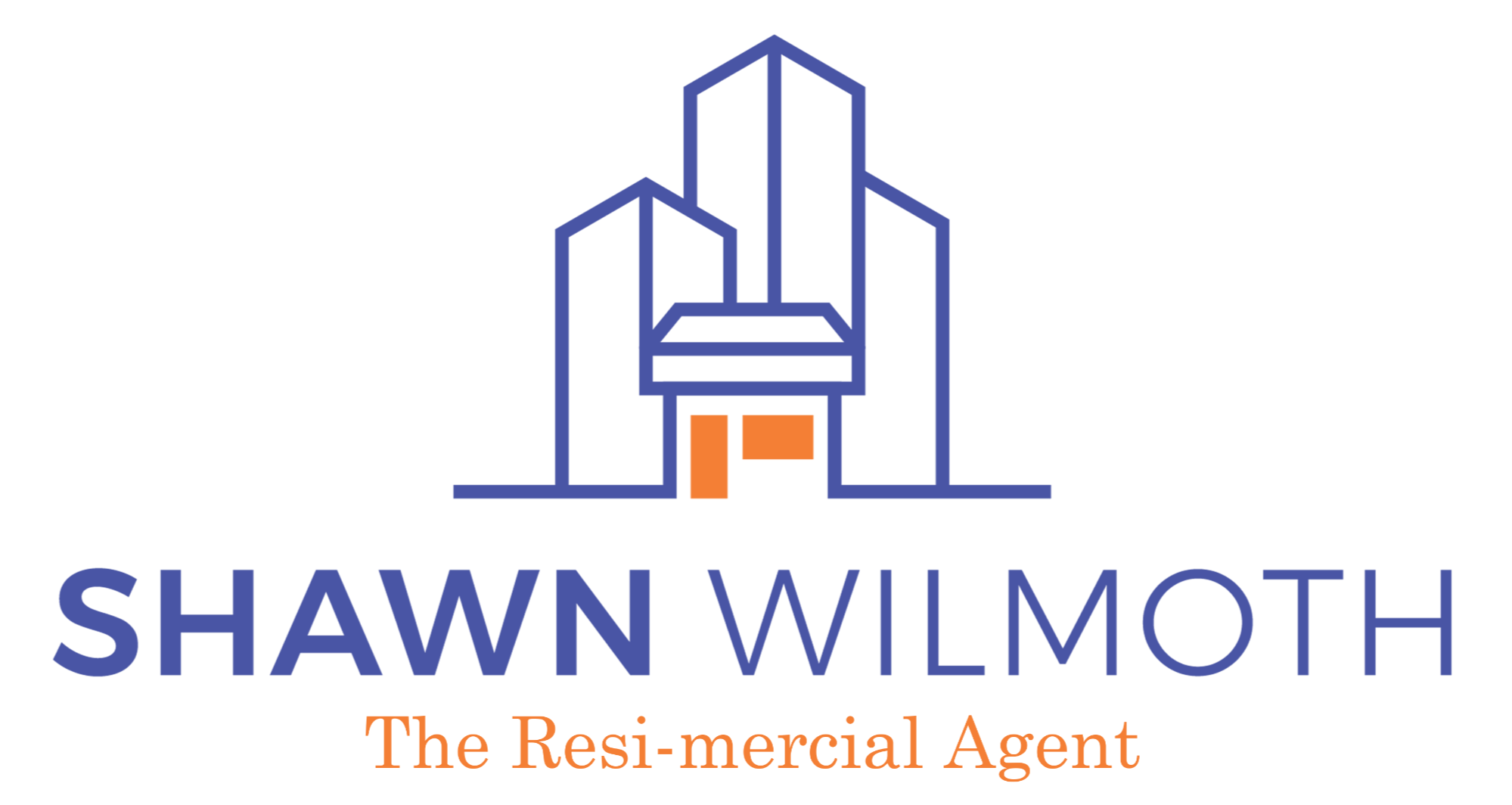
The decision to refinance your home is not one to be taken lightly. Like any financial strategy, refinancing has its pros and cons, and it must align with your lifestyle and investment goals. Here's a closer look at what refinancing entails, its advantages and disadvantages, and when it might be a g
Read More What is the Best Day to Buy a Home?

As a potential homebuyer, you may wonder if there is a specific day that is best to make your purchase. While there is no guaranteed answer, there are a few factors to consider when deciding when to buy your new home. Knowing the Market First, it's important to understand that the real estate market
Read MoreCommission Percentage and What is Fair

When it comes to buying or selling a home, one of the biggest questions that arises is what amount of commission percentage is fair to pay a realtor. This is a valid concern as it directly impacts the amount of money involved in the transaction. In this blog, we will explore the commission percentag
Read MoreWhen is the Right Time to Buy?
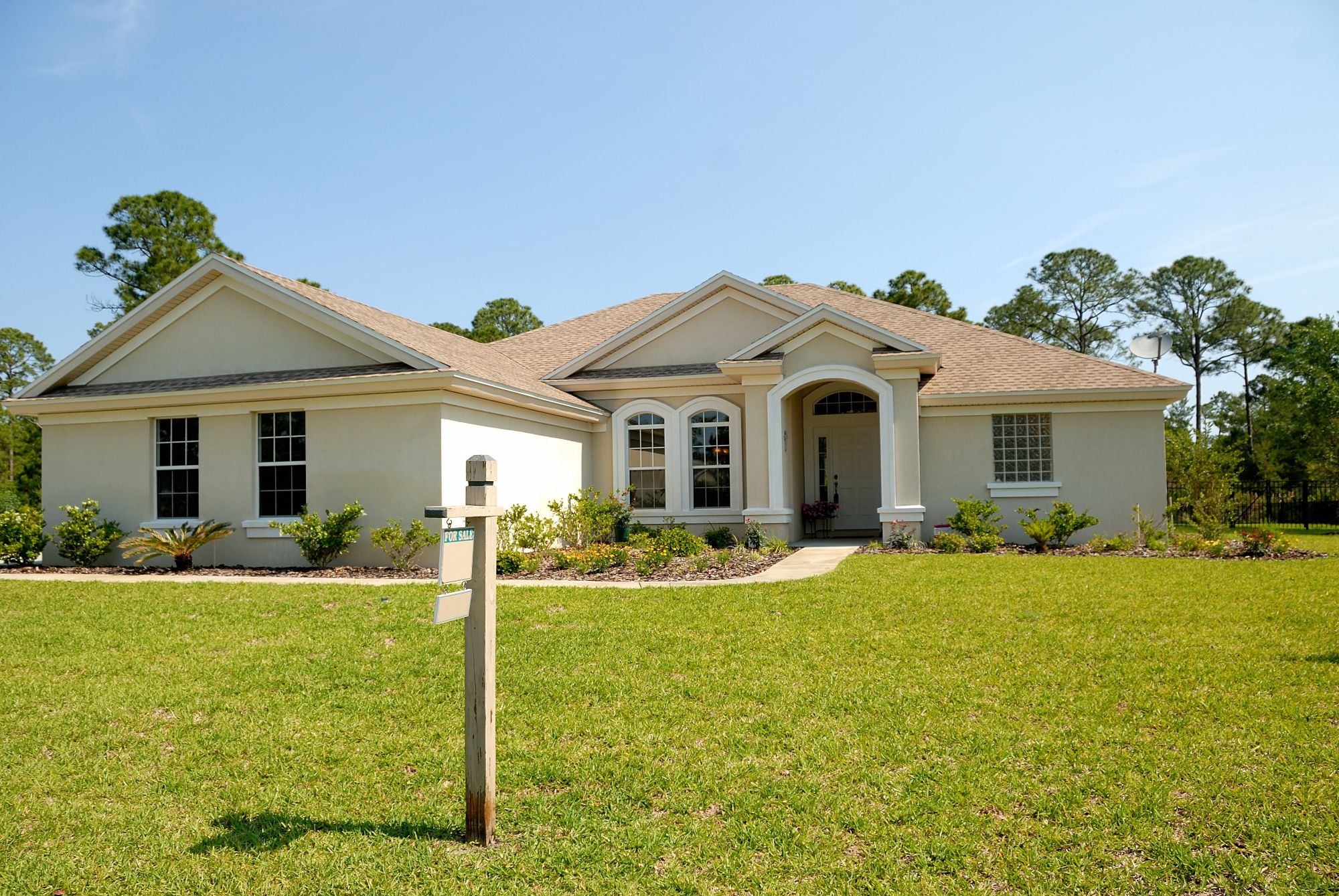
Are you considering buying a house but unsure whether it's the right time to do so? It's a common question that many prospective homebuyers have. After all, purchasing a home is a significant investment, and you want to make sure you're doing it at the right time. In this blog, we'll discuss when th
Read MoreUpgrading Your Home in a Rising Market: Tips and Strategies for Homeowners

If you're a homeowner, you're likely to have considered upgrading your home to keep up with the rising market. Investing in renovation projects can increase your property's value, which can be advantageous when you eventually decide to sell. Additionally, home upgrades can enhance your living experi
Read More-

Choosing a style of home can be a difficult task. With so many options available, it can be hard to decide which one is perfect for your needs and style. Whether you are looking to buy or rent a home in Tennessee, it is important to understand the differences between the various styles of homes to m
Read More An Insider's Guide to Moving to Knoxville, TN

Are you considering moving to Knoxville, TN? With its beautiful scenery, friendly people, and low cost of living, it's no wonder that Knoxville is becoming an increasingly popular destination for those who want to enjoy the Southern charm and hospitality. However, moving to a new city can be a daunt
Read MoreKentucky vs Tennessee - Which is the better state for living and real estate investment?

If you are looking to invest in real estate or move to a new state, there are plenty of options in the US. However, Kentucky and Tennessee are two states that offer an exceptional experience for home buyers, renters, and sellers. But which one is better for you to invest in? This blog post analyzes
Read MoreThe Hidden Investment Woes of A New Construction Home
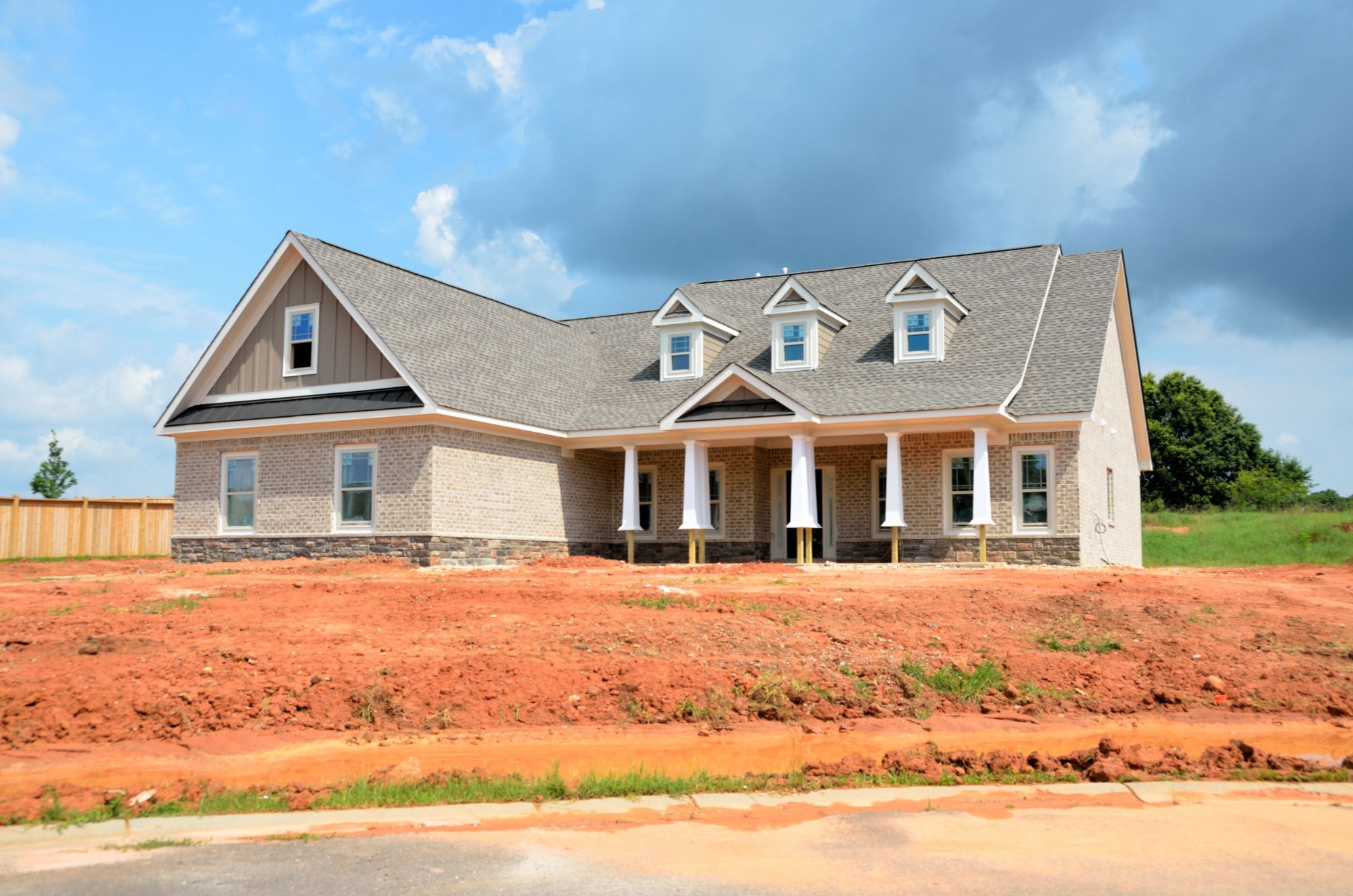
Buying a new construction home seems like an ideal idea - no one has lived in it, brand new features, and modern designs. But underneath the perceived flawless exterior lies investment issues that many homebuyers do not initially consider. In this blog, we will discuss why a new construction home is
Read MoreFinding Your Perfect Home: Working with a Realtor in Knoxville
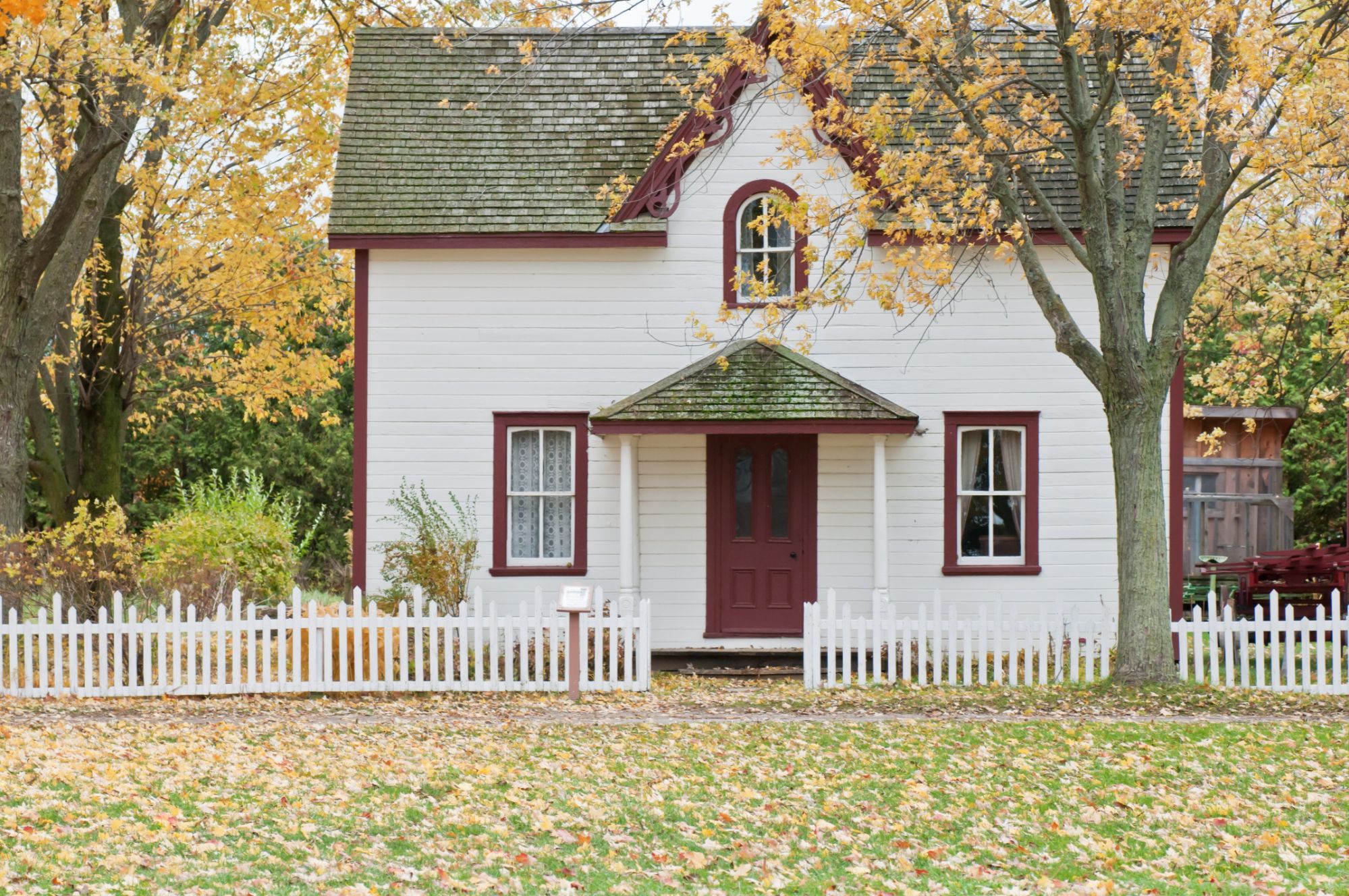
Finding the perfect place to call home in Knoxville, Tennessee can be tough, but it doesn't have to be. Working with a knowledgeable and reliable realtor like Shawn Wilmoth can make all the difference in finding your dream home. In this article, we will explore what it means to work with a real esta
Read MoreHow to Find a Good Real Estate Agent in Knoxville, TN
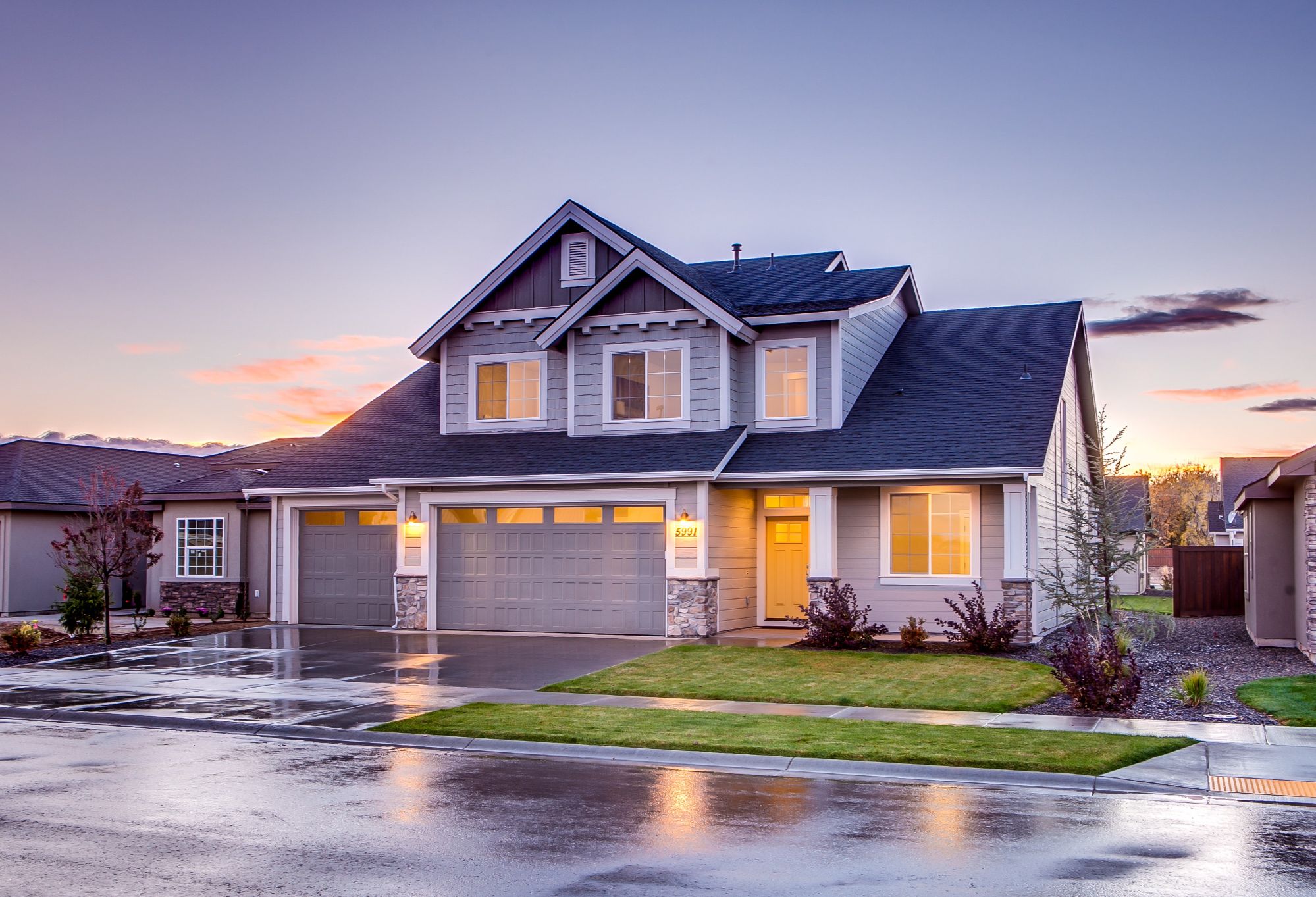
The search for a real estate agent can be a daunting task, especially if you are unfamiliar with the area. With so many agents to choose from, how do you find one that is right for you? Knoxville, TN is a diverse city that offers a plethora of housing options, making it challenging to know where to
Read MoreWhy Buying Property When Interest Rates Are High is Still a Good Idea
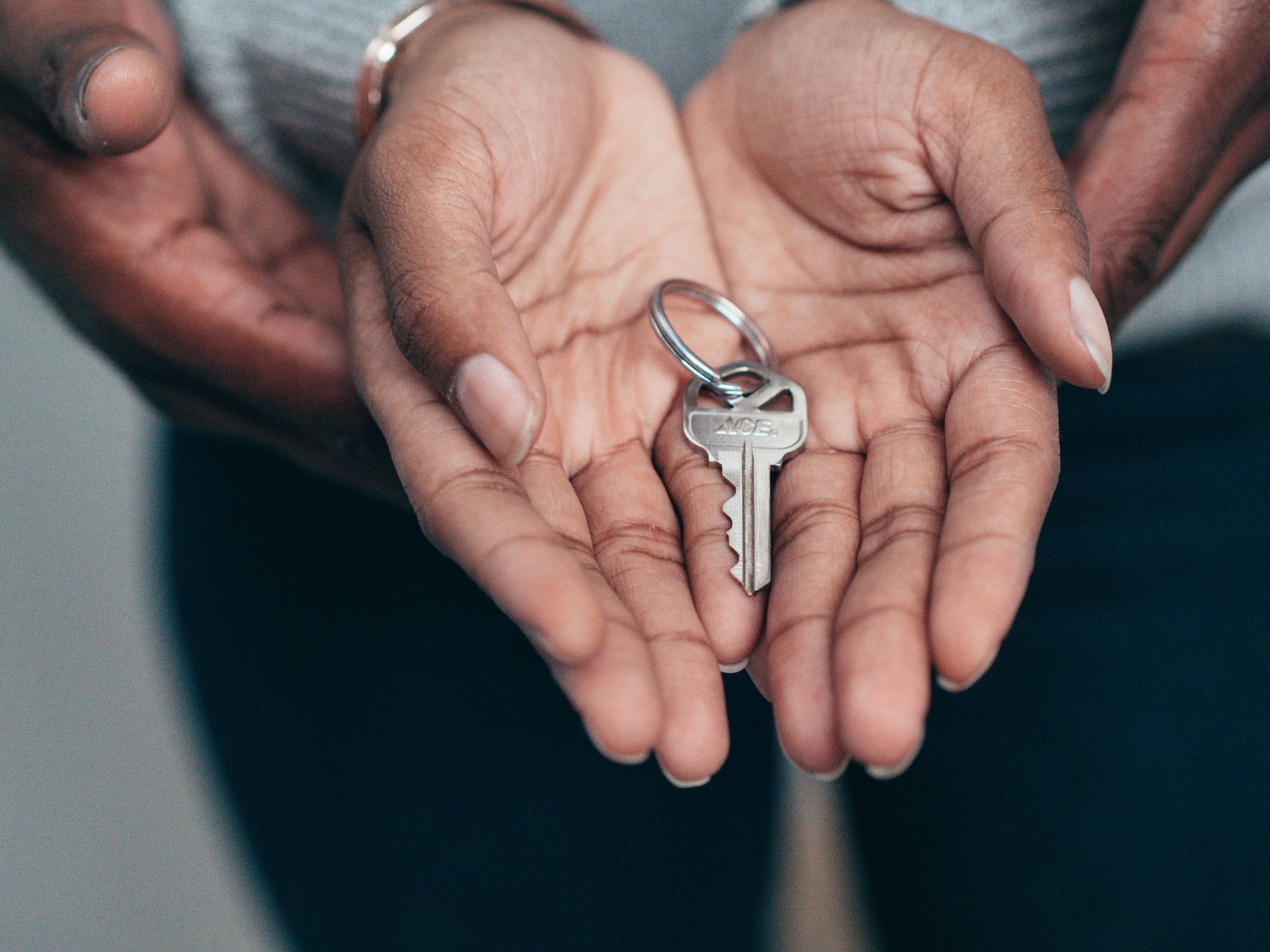
One of the biggest concerns for home buyers is the interest rates. When the interest rates are high, many buyers feel that they should wait until the rates go down before buying. However, waiting may not always be the best option. In this blog post, we will discuss why buyers should consider purchas
Read MoreEverything You Need to Know About Real Estate Disclosures

If you are in the process of buying a home, you must have come across the term "real estate disclosures." Real estate disclosures are legal documents that provide information about a property's condition, history, and other relevant details. As a home buyer, understanding these disclosures is crucia
Read MoreWhat Does a Pending Deal Mean in Terms of Real Estate?

Are you buying or selling a home and heard the term “pending deal?” What does this mean, and why is it significant? When a home is listed for sale, buyers make offers, and once the seller accepts, a contract is written and executed. This contract comes with various contingencies, including a pending
Read MoreWhat an Experienced Tennessee REALTOR® Can Do for You

Buying or selling a property can be a daunting task, especially if you are unfamiliar with the Tennessee real estate market. That's why it's crucial to enlist the services of an experienced Tennessee REALTOR®. They can provide you with expert guidance and support throughout the entire process. In th
Read MoreKnoxville Commercial and Residential REALTOR®

Real estate in Knoxville is an ever-evolving industry that is crucial to the economy of the city. Knoxville's real estate sector covers both commercial and residential properties. However, the two types of real estate differ significantly in terms of their physical structure, use, clientele, and fin
Read MoreProtect Yourself as a Home or Commercial Property Buyer

Buying a home or commercial property is a major investment that comes with a high level of financial risk. You want to make sure that your investment is protected. But, how can you protect yourself as a home or commercial property buyer? In this blog post, we'll provide you with a comprehensive guid
Read MoreExclusive Right vs Exclusive Agency: Understanding the Difference

Are you in the market for a new house, apartment, or any other type of real estate property? As a homebuyer or seller, it's important to understand the different agreements that exist in the real estate industry. Two of the most common agreements are exclusive right and exclusive agency. They may se
Read MoreModular Homes vs Mobile Homes: What's the Difference?
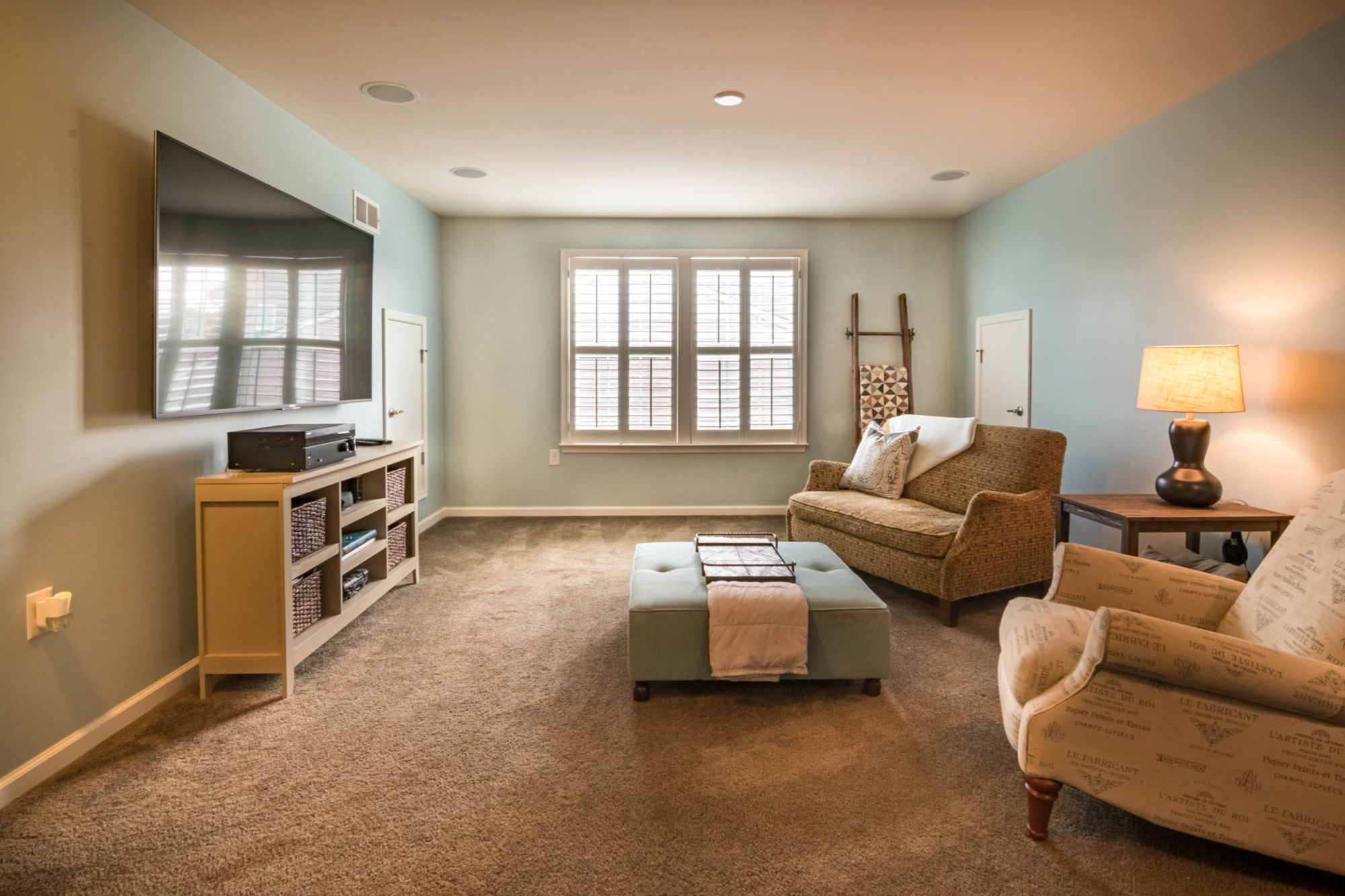
Choosing between modular homes and mobile homes can be overwhelming for many home buyers. They both have their advantages and disadvantages, making it difficult to determine which one is better for your needs. Modular homes are designed like traditional homes and are built in sections that are assem
Read MoreThe 5 Elements of Negotiation in Real Estate

When it comes to real estate, negotiation is an essential part of the buying and selling process. Negotiation skills can mean the difference between getting the best deal possible or settling for less. In this blog post, we'll delve into the five elements of negotiation and how they apply to real es
Read More
Categories
- All Blogs 1000
- Airbnb Realtor 13
- Barndominium 6
- Buying a home 57
- California Buyers 17
- Commercial Broker 2
- Commercial Property 33
- DR Horton Homes 5
- East Tennessee 59
- Experienced Realtor 40
- Experienced Tennessee Realtor 67
- For-Sale By Owner 24
- FSBO 17
- Gatlinburg 30
- Gatlinburg Cabins for Sale 2
- Gatlinburg Rental Homes for Sale 6
- How to pick a realtor 14
- Industrial Property 9
- Invesment Real Estate Gatlinburg 4
- Investment Property Realtor 27
- Knoxville 66
- Knoxville Jobs 1
- Knoxville Zillow Reviews 1
- Listing your home 30
- Mobile Homes 7
- Modular Homes 9
- Morristown 28
- Mortgage 3
- New build homes 24
- Price of Homes in Knoxville 10
- Realtor Blog Feed 3
- Reccomended Tennessee Realtor 48
- Refinancing 2
- Rental Property 7
- Retail Building sites 4
- Retail Land for Sale 3
- Selling a home 19
- Short-Term Rentals 2
- Smithbuilt Homes 2
- Strawberry Plains 1
- Tennessee 39
- Tennessee Lenders 3
- tract homes 1
- Vacant Commercial Land 4
- Warehouse for Sale 1
- Zillow Agent 1
Recent Posts






